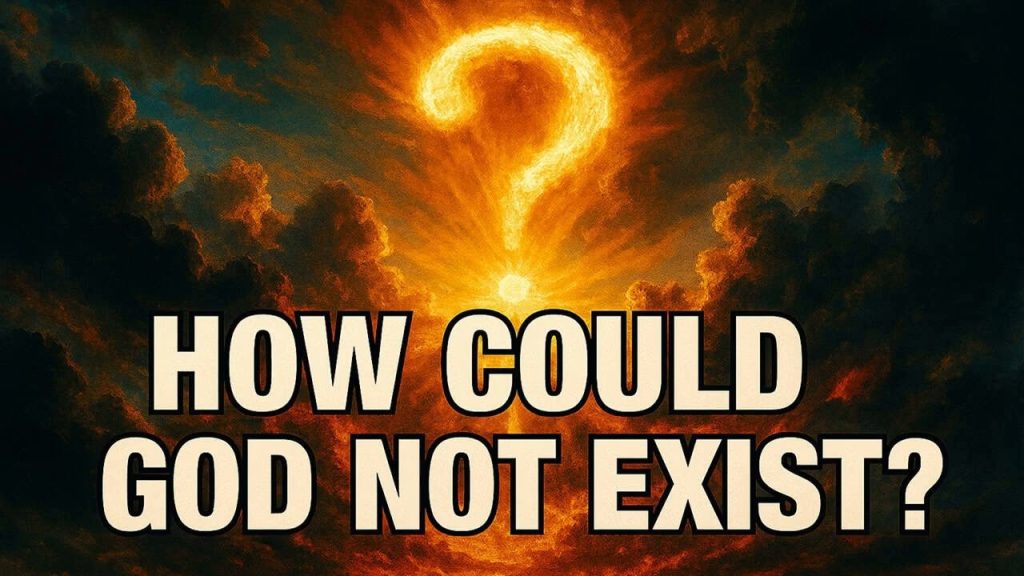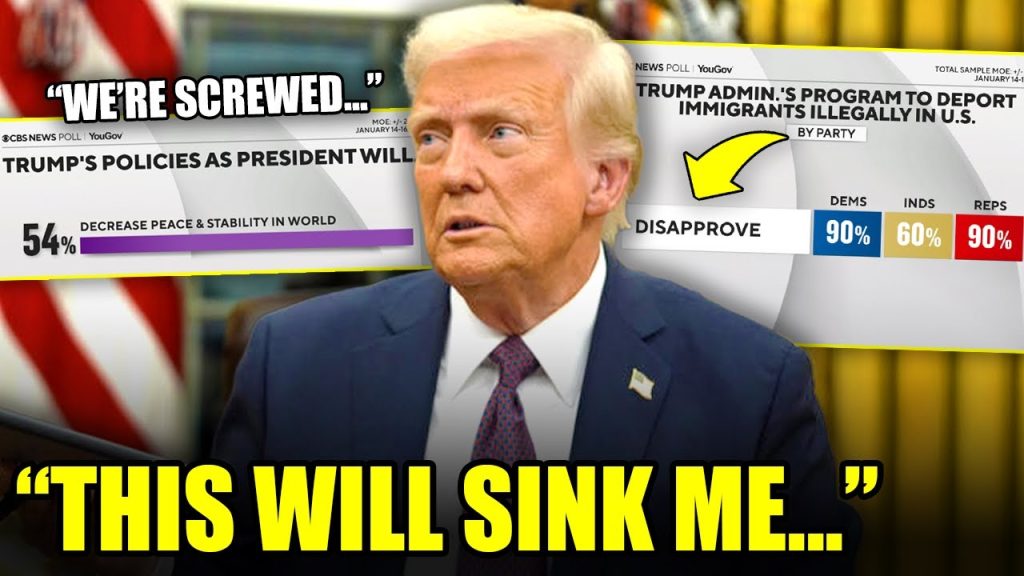The title “How Could God Not Exist?” immediately evokes a profound and timeless debate at the intersection of faith, philosophy, and politics. This question challenges viewers to consider the significance of religious belief in shaping individual identities and political ideologies in an increasingly polarized world.
Religion has long played a critical role in political discourse, influencing everything from voter behavior to public policy. In many countries, discussions around the existence of God are not mere theological musings but powerful frameworks that guide moral values, civic responsibilities, and legislative priorities. The very idea of God’s existence or absence often informs debates on education, human rights, social justice, and governance.
In recent decades, the United States, for example, has witnessed intense cultural and political clashes centered on religious convictions. Issues such as abortion rights, LGBTQ+ protections, and school prayer have become flashpoints where faith and politics converge. Globally, similar dynamics can be observed, as nations grapple with secularism, religious freedom, and the role of spirituality in public life.
This question—”How Could God Not Exist?”—also taps into broader philosophical inquiries about meaning, purpose, and existence in a rapidly changing world. It invites citizens and leaders alike to reflect on how belief systems influence political identity and social cohesion. Moreover, it underscores how religious narratives can serve both as unifying forces and sources of division, depending on the context.
In the context of current global political dynamics, where secularism and religiosity often compete for prominence, addressing such existential questions becomes vital. As societies navigate these complexities, understanding the political implications of faith-based perspectives remains essential for anyone interested in the multifaceted relationship between religion and governance.
Where to Learn More
- Pew Research Center – Religion & Public Life – Comprehensive research on how religion influences politics and society worldwide.
- Brookings Institution – Religion and Politics – In-depth analysis of the impact of religious beliefs on policy and governance.
- BBC News – Religion and Politics – Balanced coverage of global religious trends and their political implications.
- Council on Foreign Relations – Religion and Foreign Policy – Exploration of how faith shapes international relations and diplomacy.




